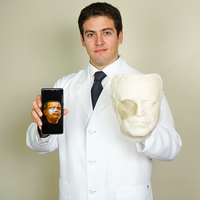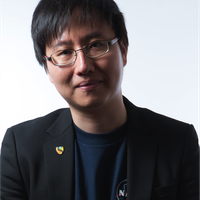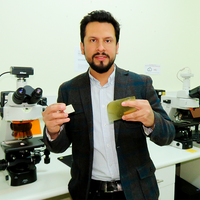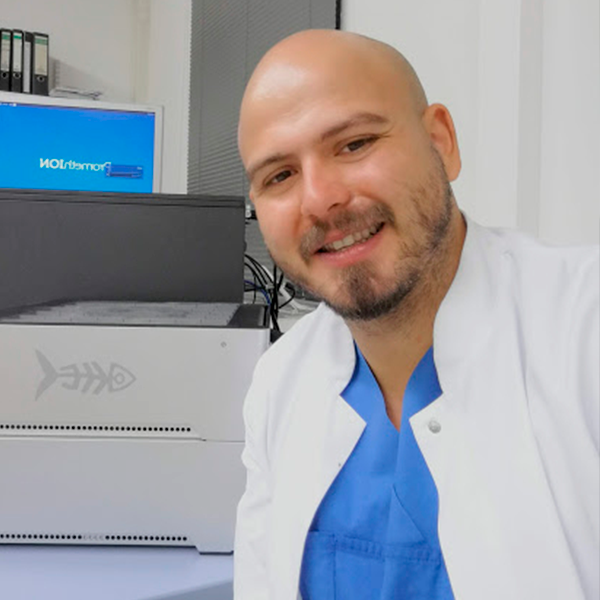Biotechnology & medicine
Luis Azmitia
He fights off brain tumors by sequencing them in a matter of hours from the operating table to accelerate the diagnosis

Global
MinMin Yen
Cholera kills, and vaccines don’t always work. She created a better solution.

Latin America
Rodrigo Salazar
He has democratized access to maxillofacial prostheses with smartphones and 3D printers

Asia Pacific
Chun-Hao Huang
Merging functional genomics and artificial intelligence for disease detection and treatment.

Latin America
Juan Carlos Forero
Amputations caused by diabetes could be reduced with his nanotechnological bandages that accelerate the regeneration of ulcerative skin
